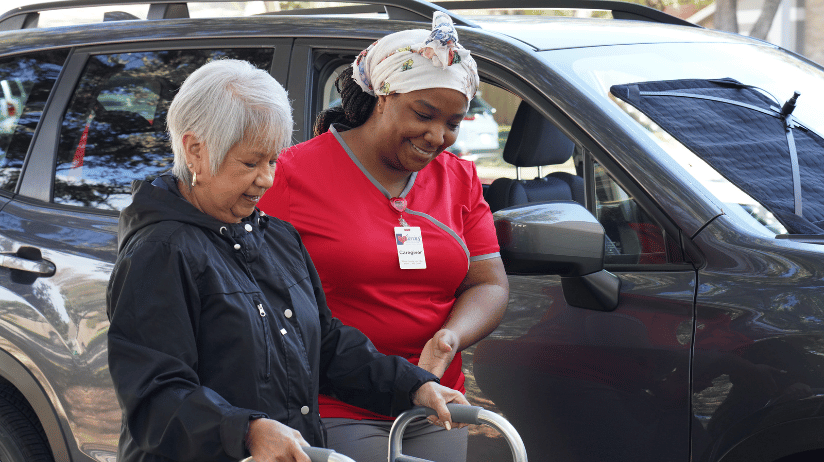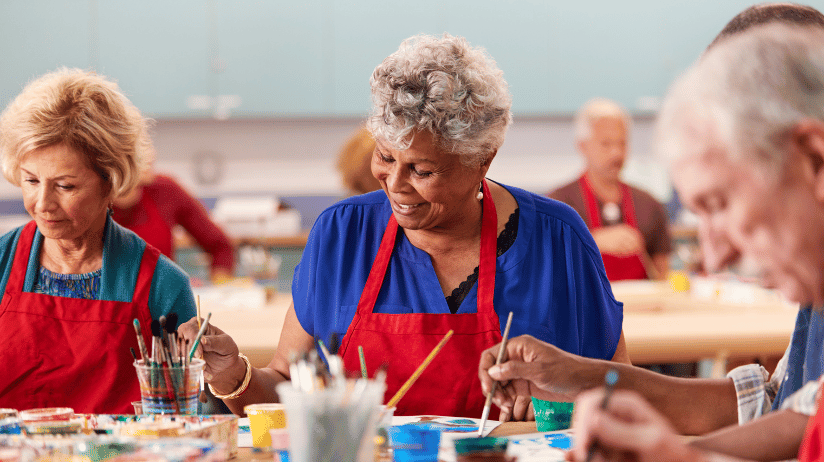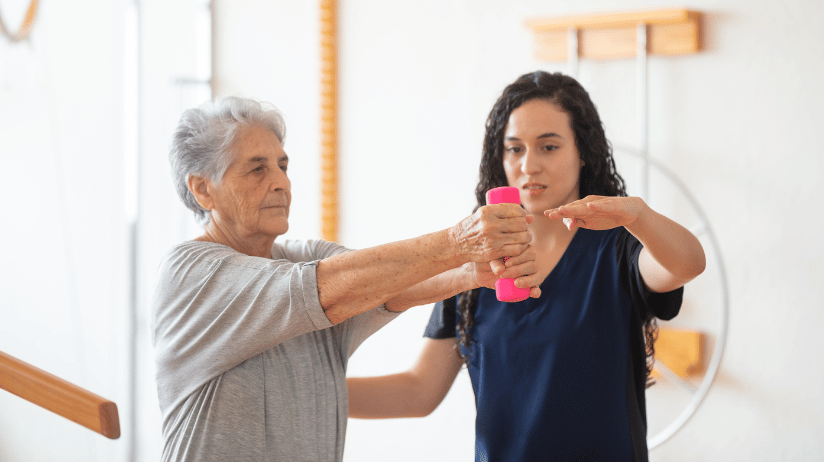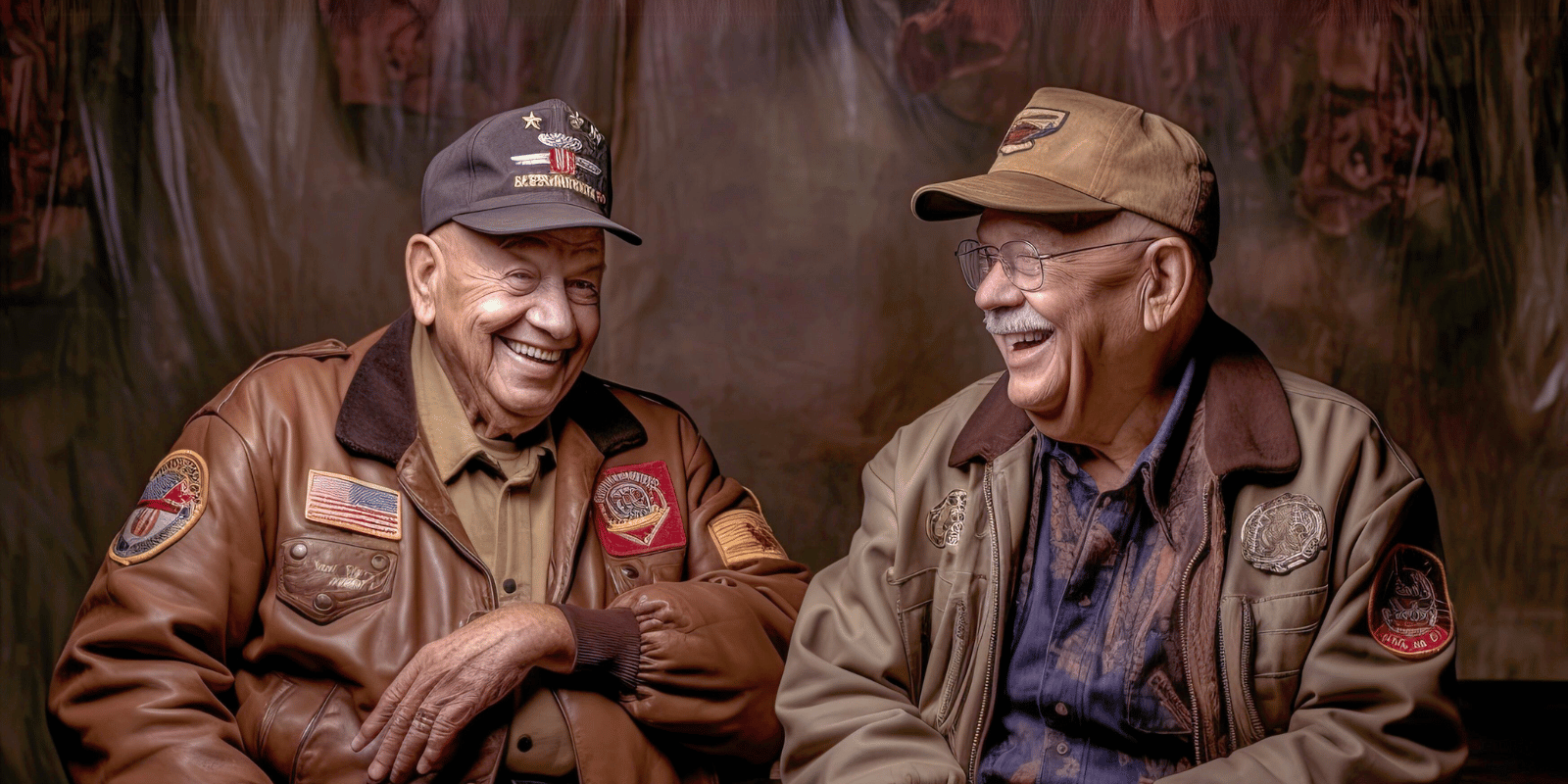
Adults with dementia are 4 to 5 times more likely to fall than adults with normal cognitive function. And of those seniors who...

Getting older comes with unique challenges from vision changes to memory loss. Sometimes these changes require older adults to...
Tags: Senior Living

In our fast-paced and digital world, it's easy to overlook the value of a individualized care. Some senior care companies are...
Tags: Senior Health, Senior Living

Tax season can be a daunting time for seniors and family caregivers. But with the right information and resources, the process...
Tags: Finances

Parkinson's disease is a neurodegenerative disorder that affects movement, balance, and coordination. Seniors with Parkinson's...
Tags: Parkinson's

The golden years provide an opportunity to explore new interests, stay active, and cultivate a sense of purpose. While free time...

Like the distinction between dementia and Alzheimer's disease, Parkinsonism and Parkinson's disease are related terms, but they...
Tags: Parkinson's

Aging often comes with unique challenges that can impact our ability to perform daily activities. As older adults navigate their...
Tags: Therapy

The terms "hospice" and "palliative care" are often used interchangeably, leading to confusion among patients and their families....
Tags: Long-Term Care, Senior Health, Home Care

As we age, our mouths and teeth change, which can cause problems if not addressed. Plus, a healthy smile boosts confidence and...
Tags: Dental Health

As loved ones age, it becomes increasingly important to focus not only on their physical well-being but also on their emotional...
Tags: Senior Health, Mental Health

As our nation's heroes age, the need for specialized care and support becomes increasingly important. The U.S. Department of...
Tags: Veterans
Caring Senior Service National HQ
201 East Park Avenue, Ste 200
San Antonio, TX 78212
© 2024 Caring Senior Service. All Rights Reserved.